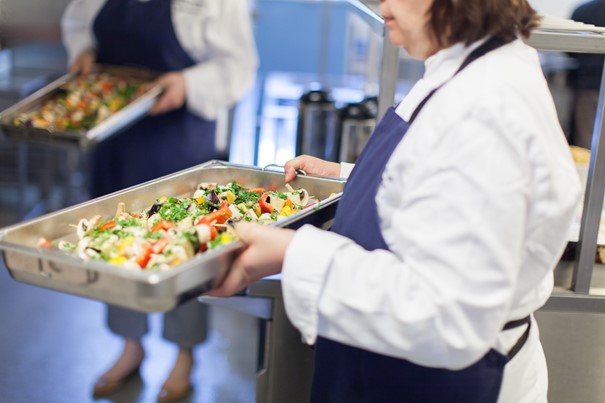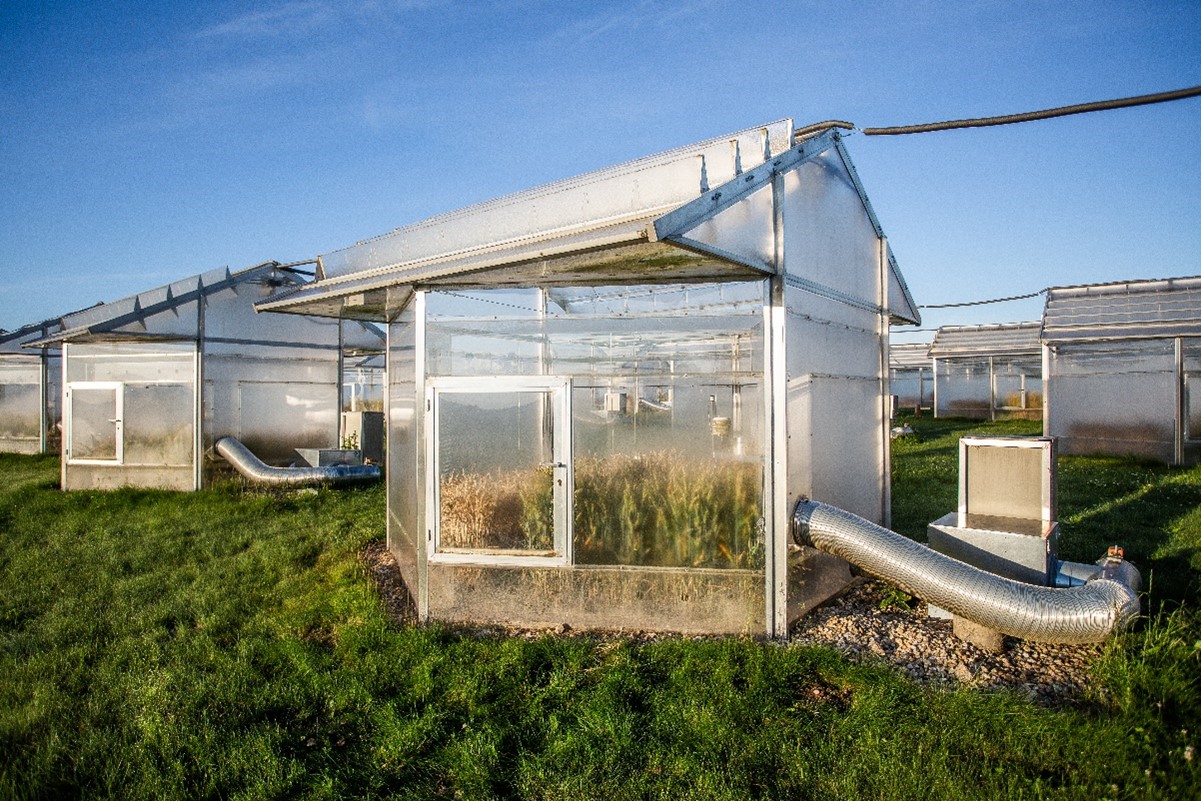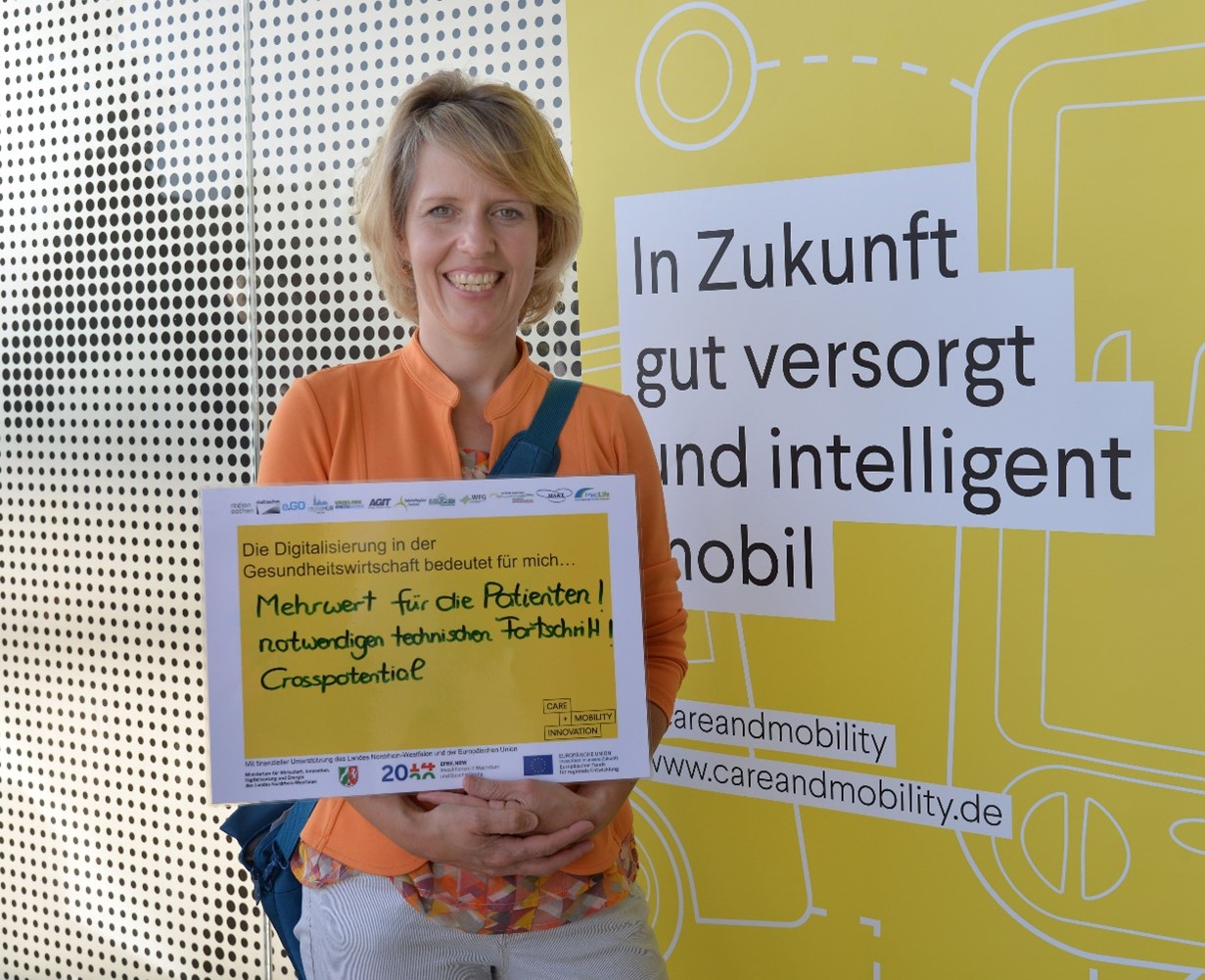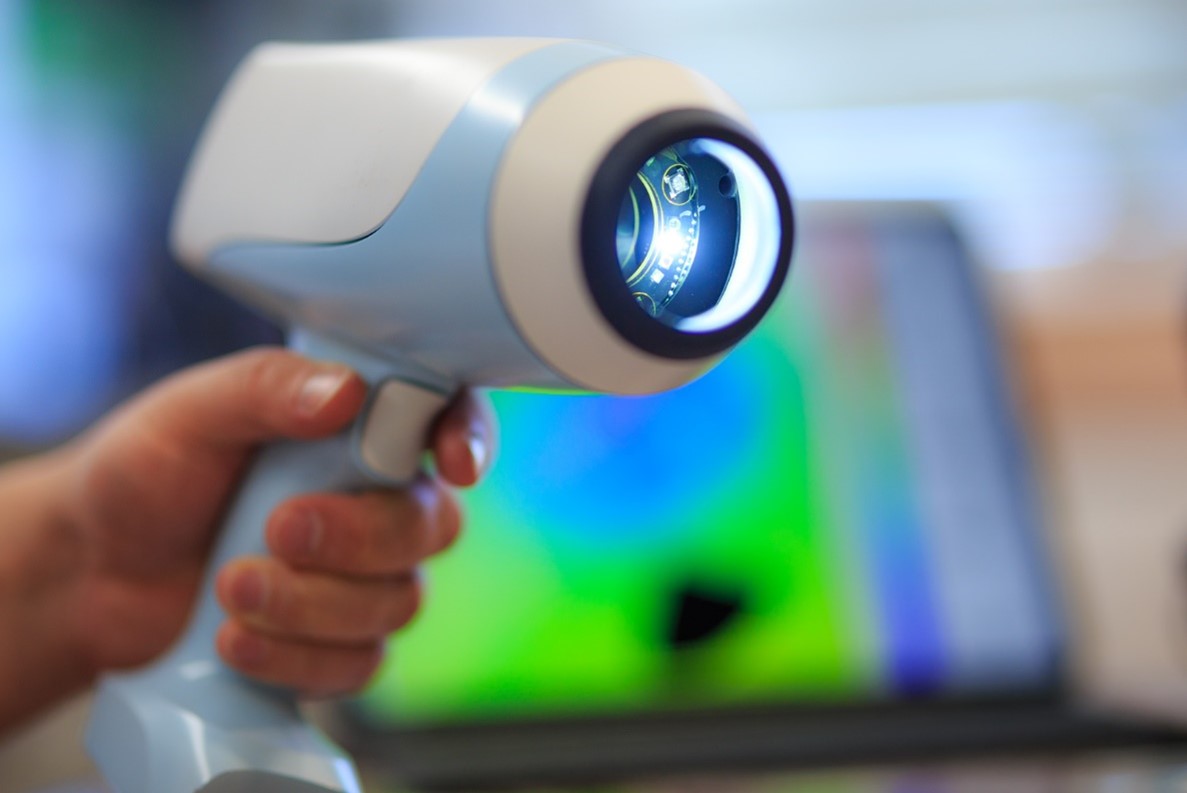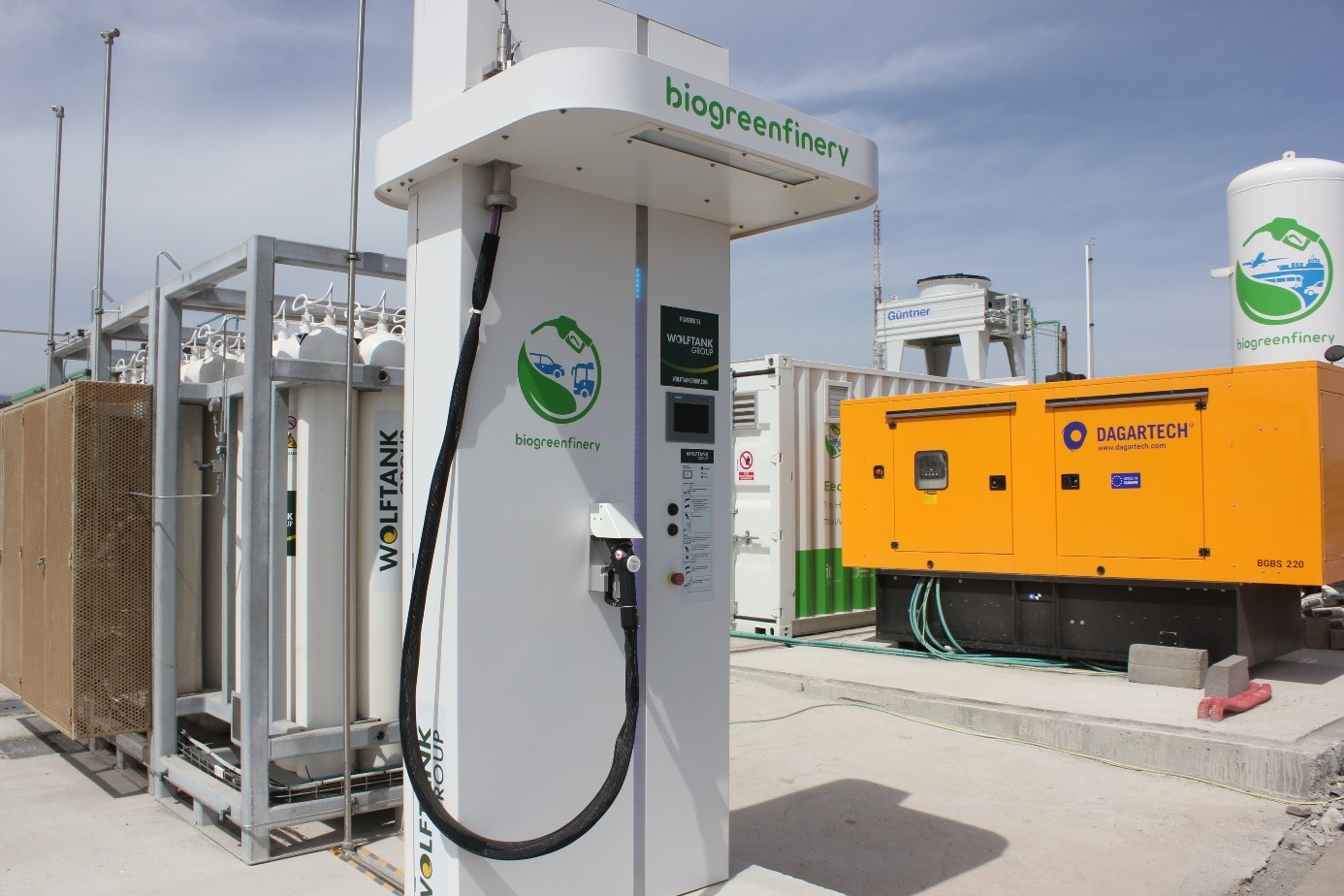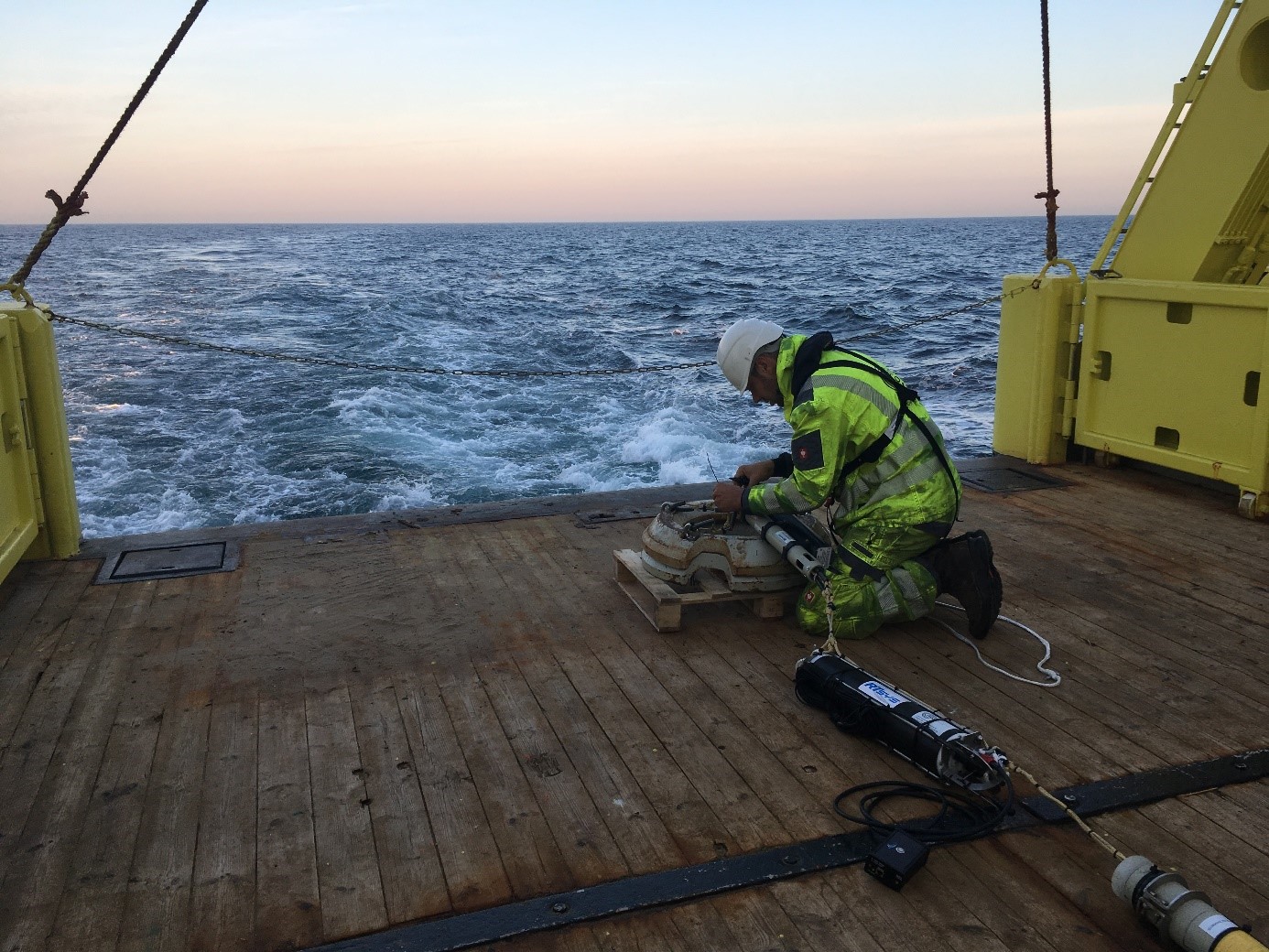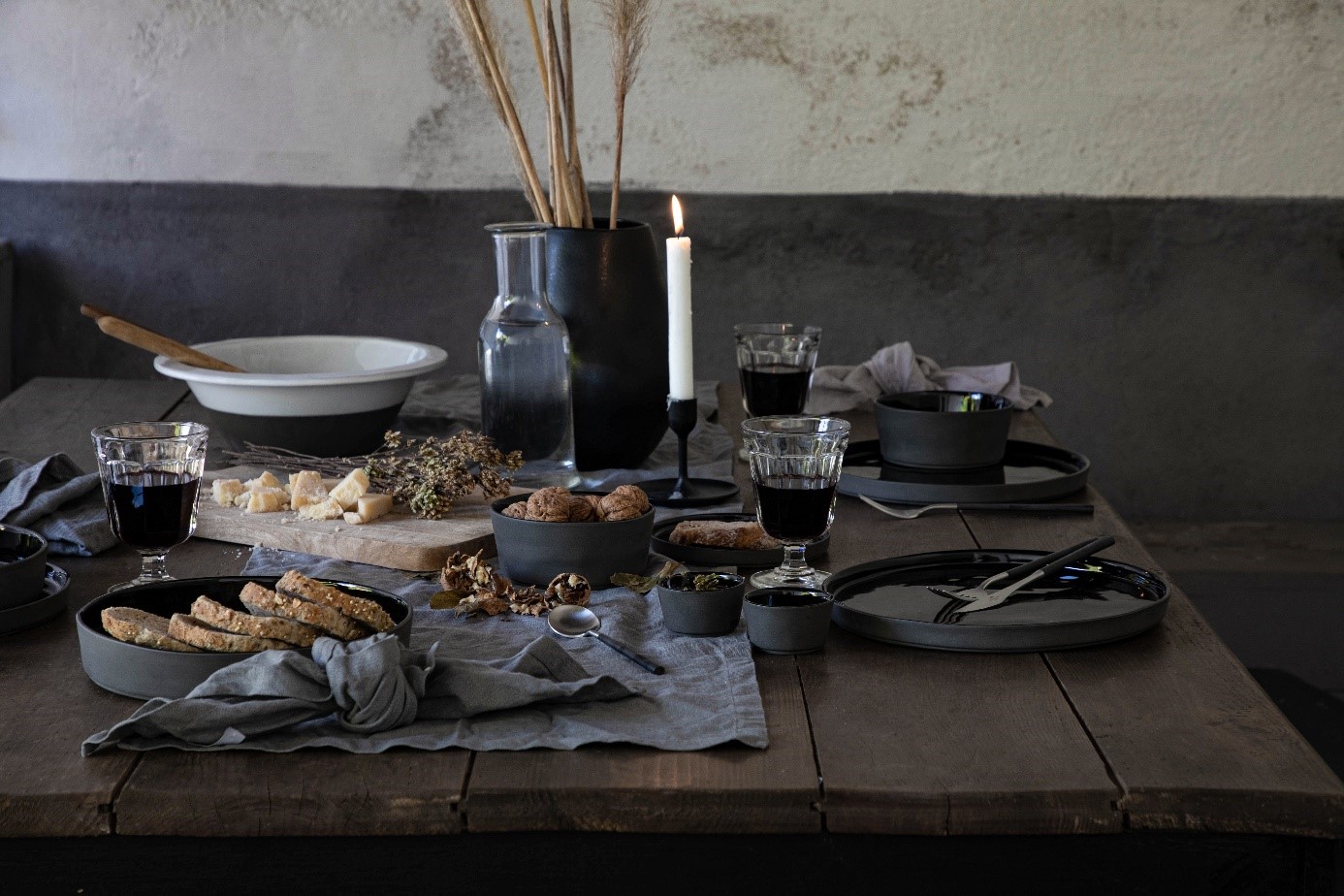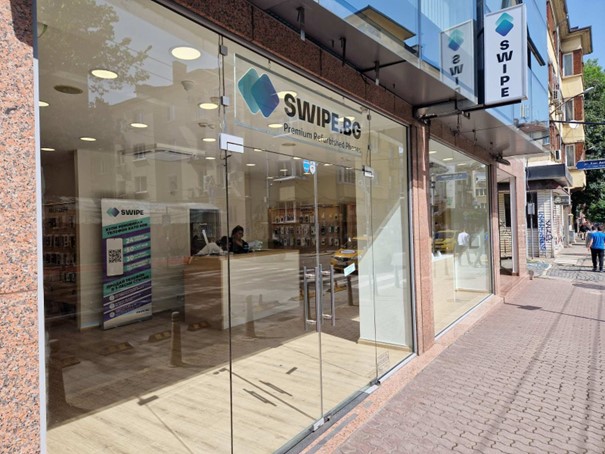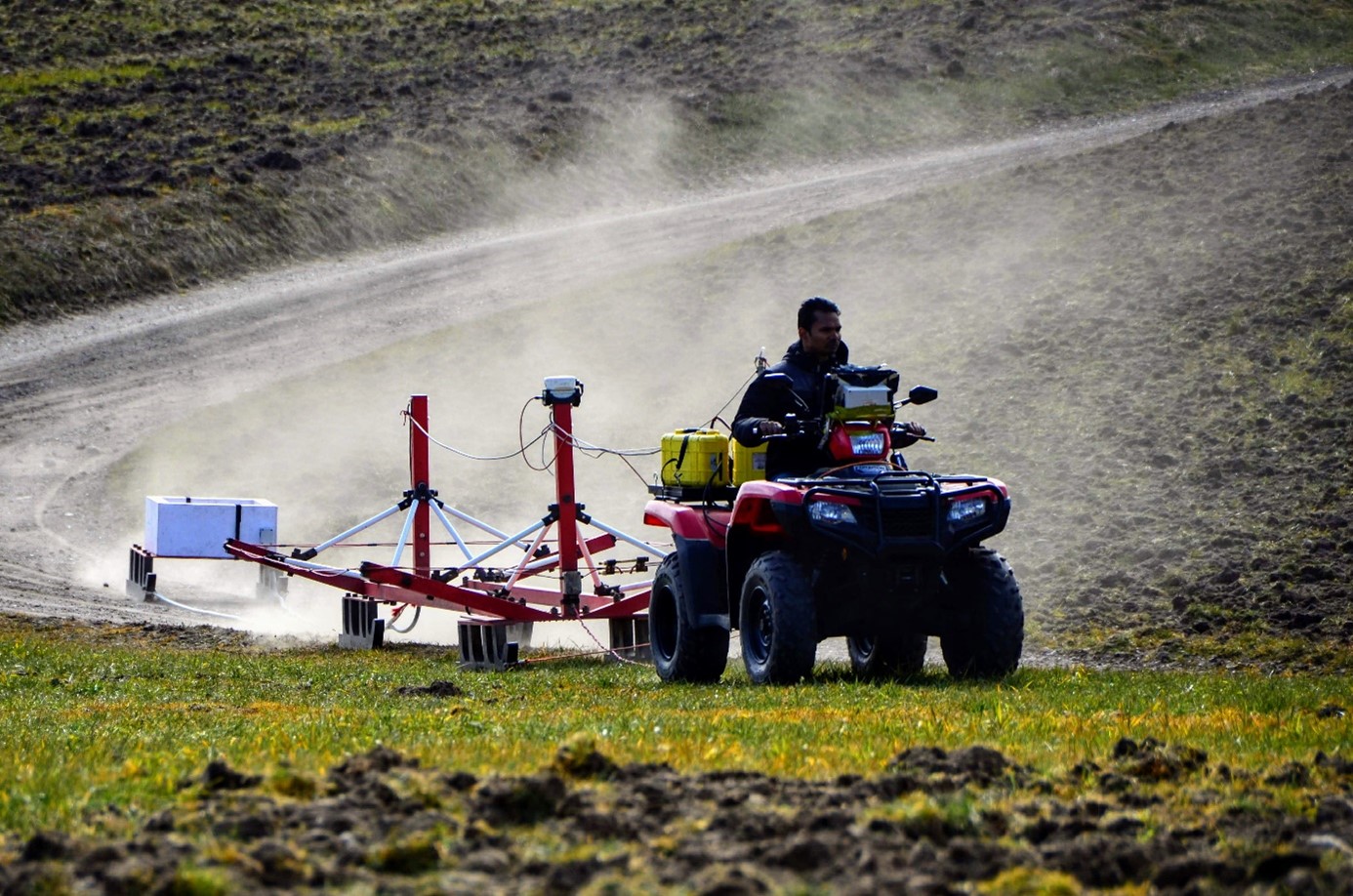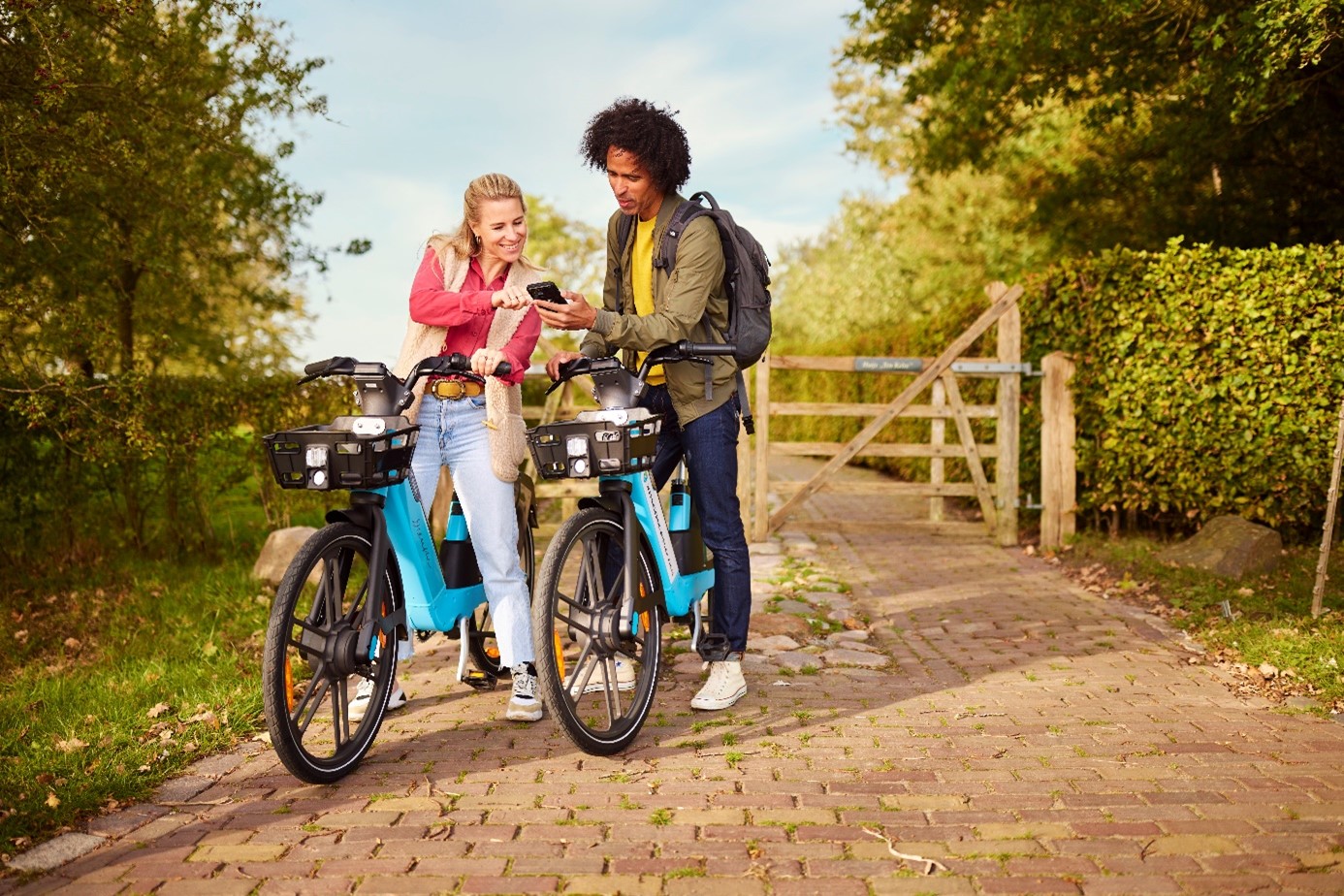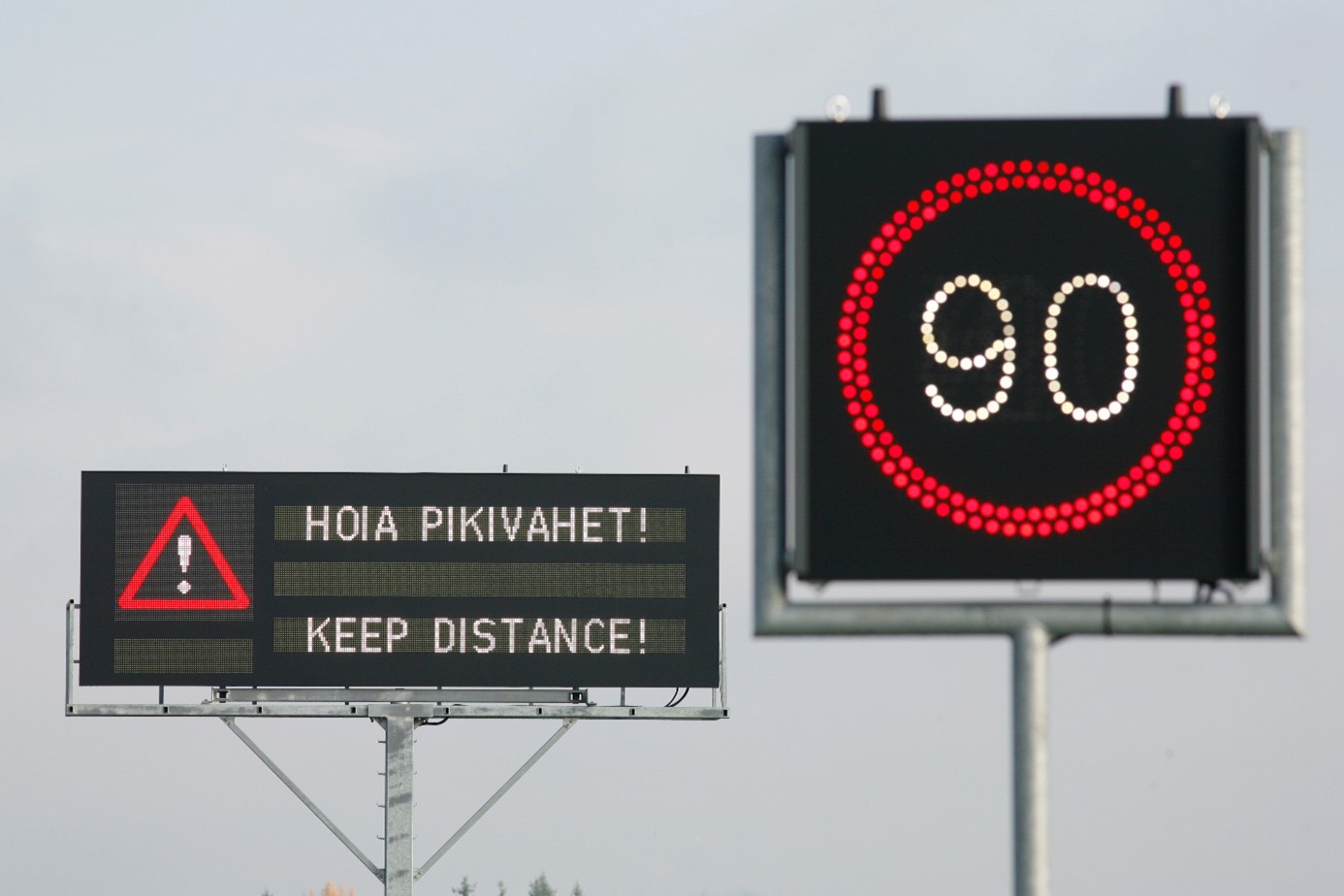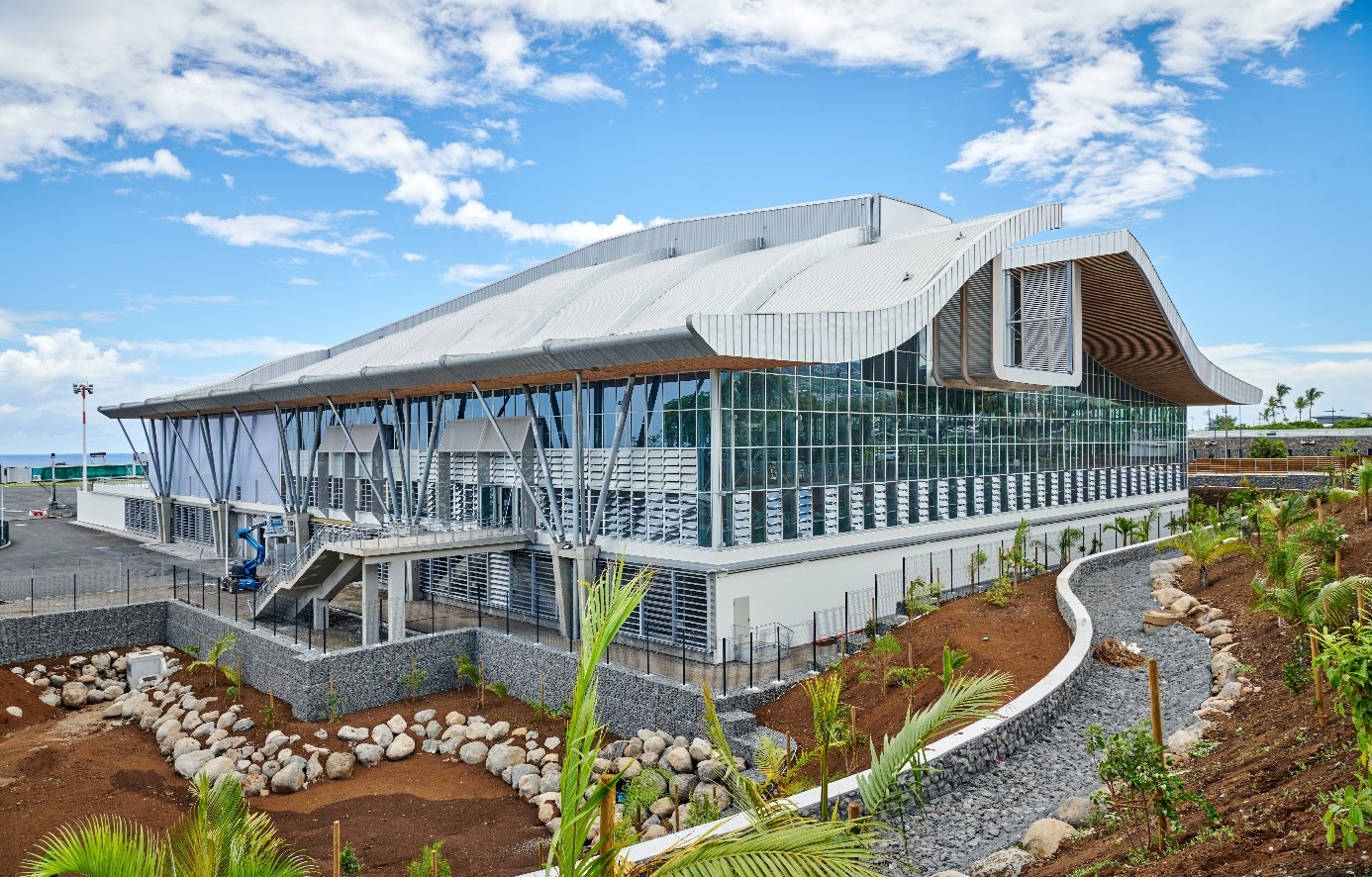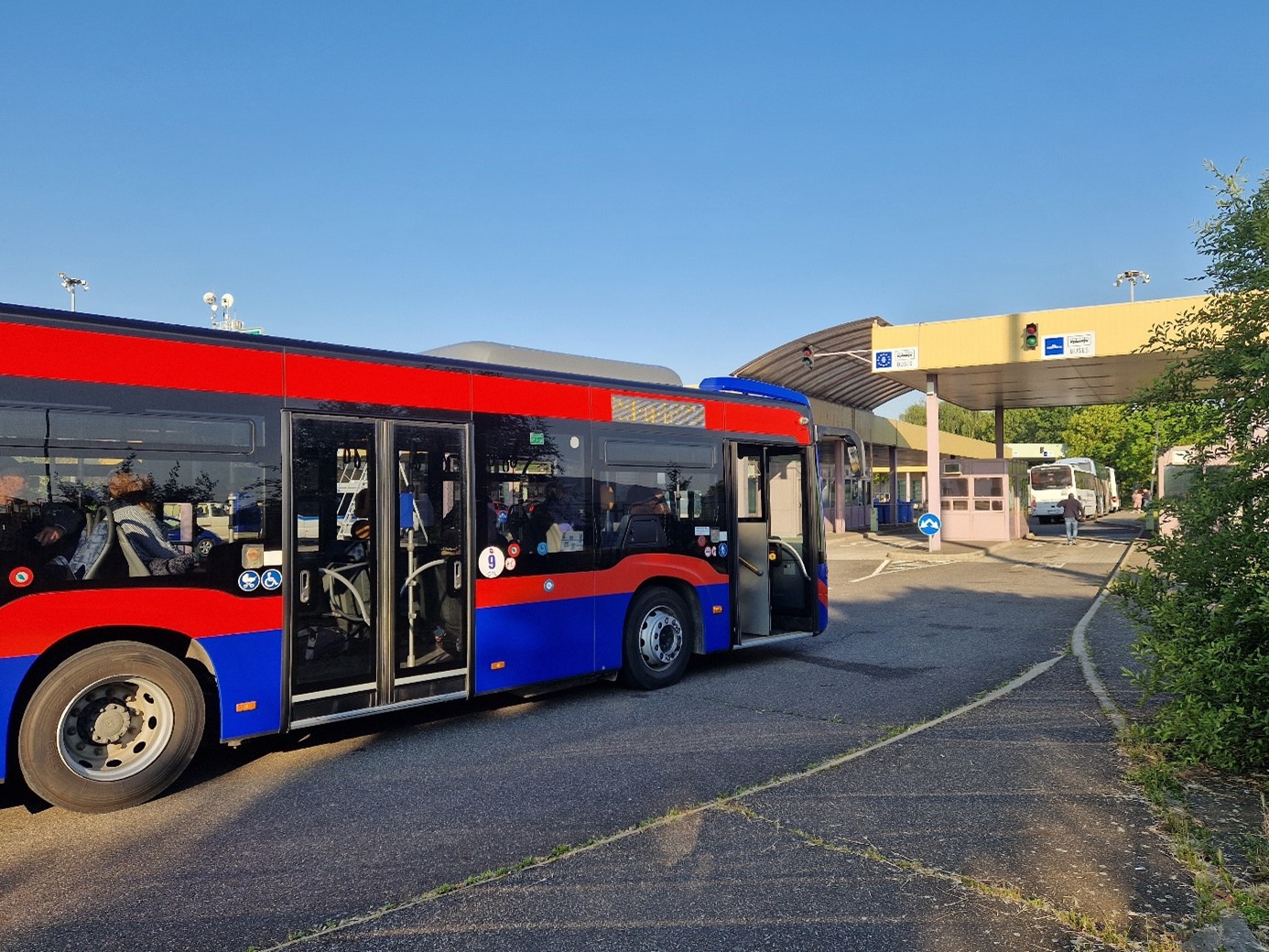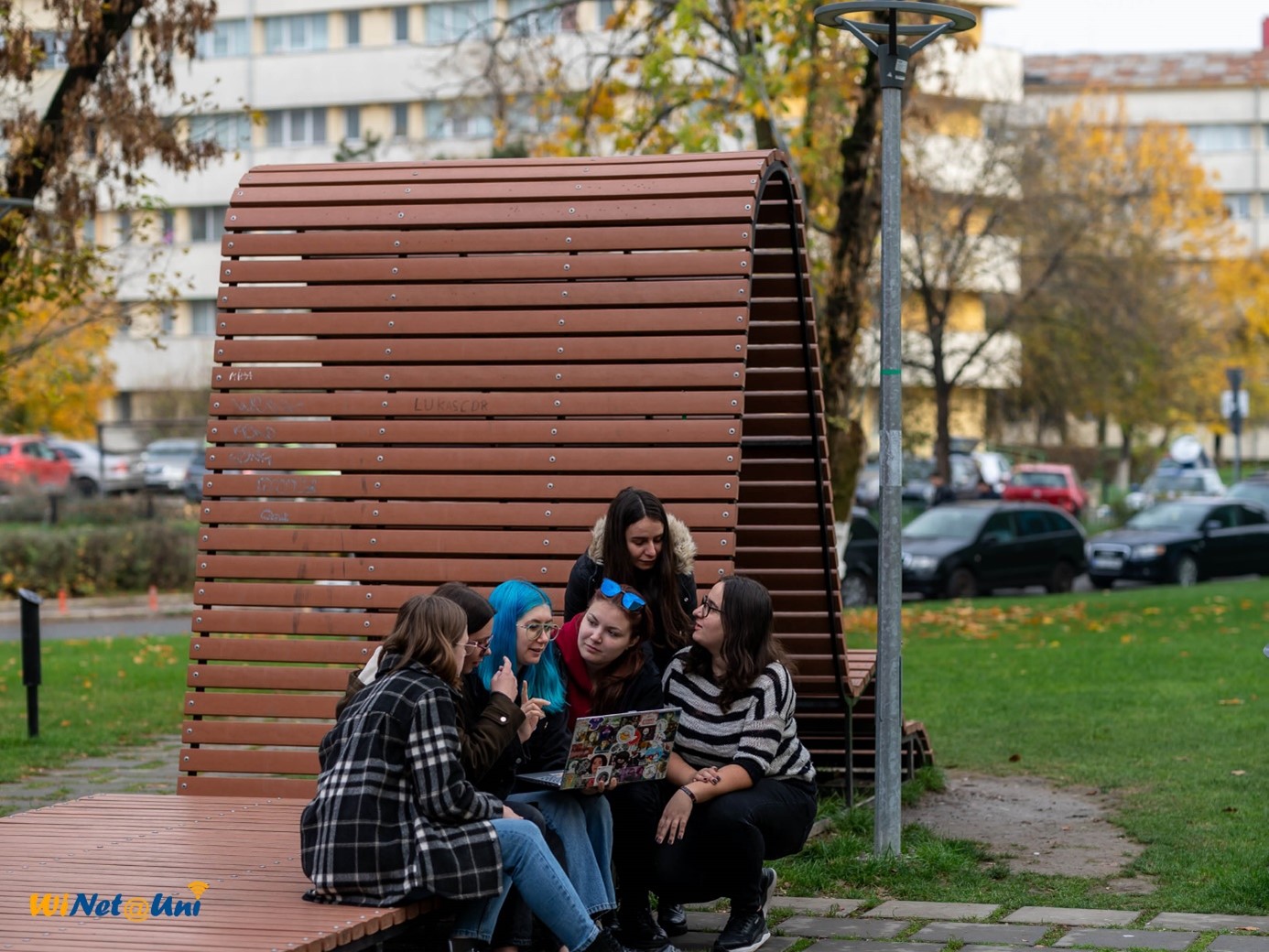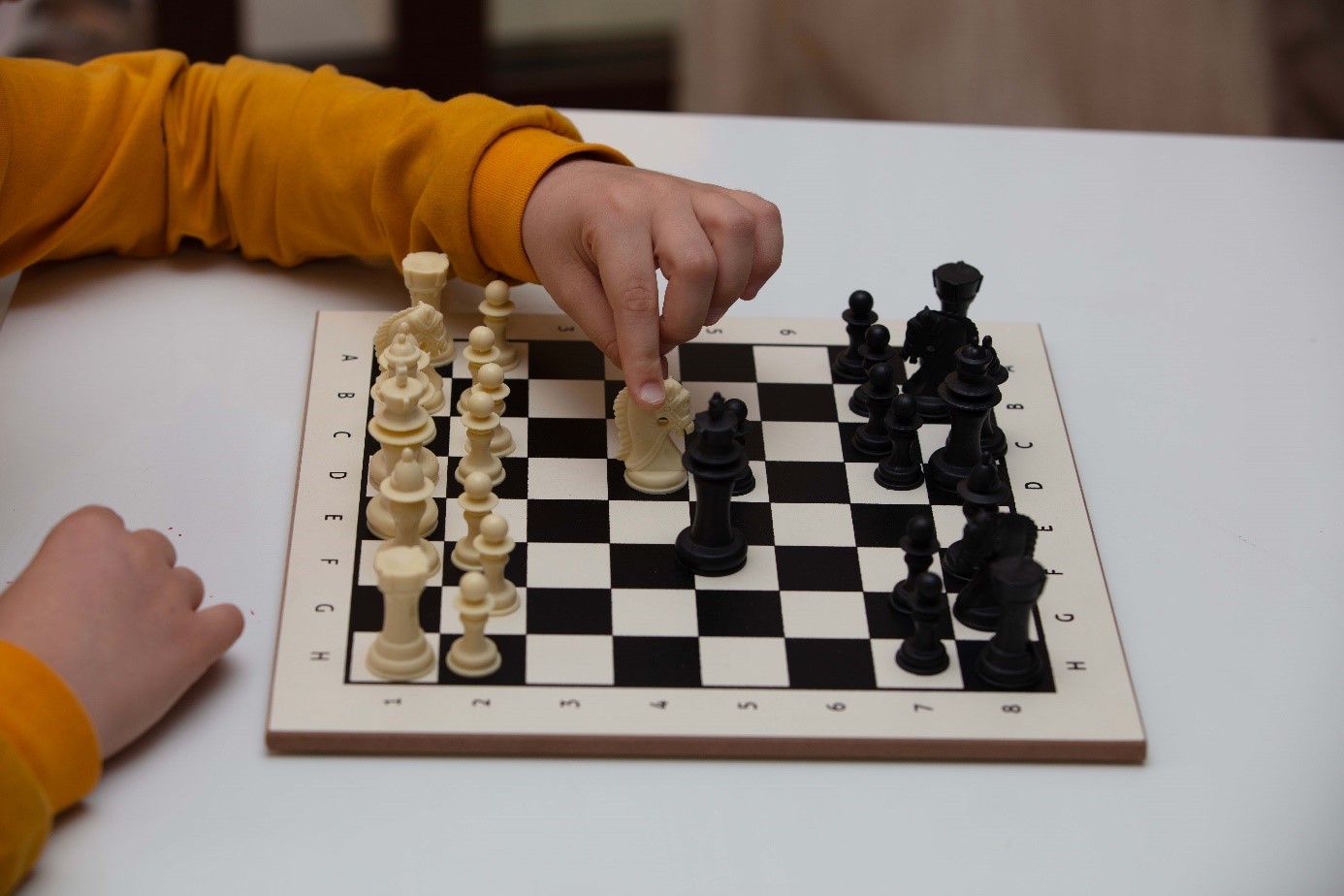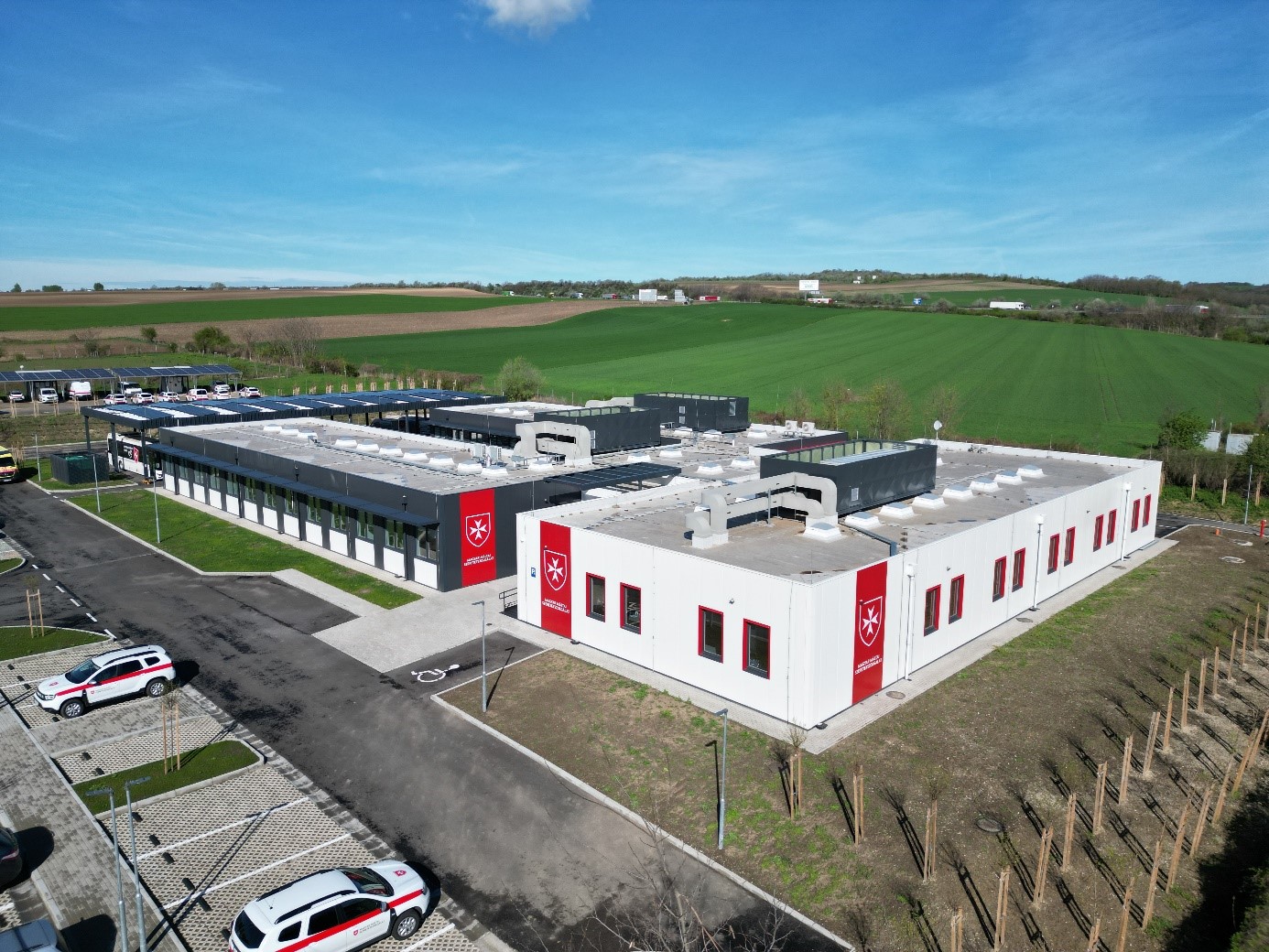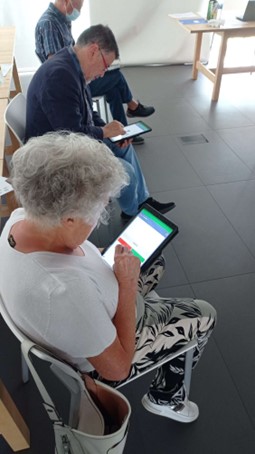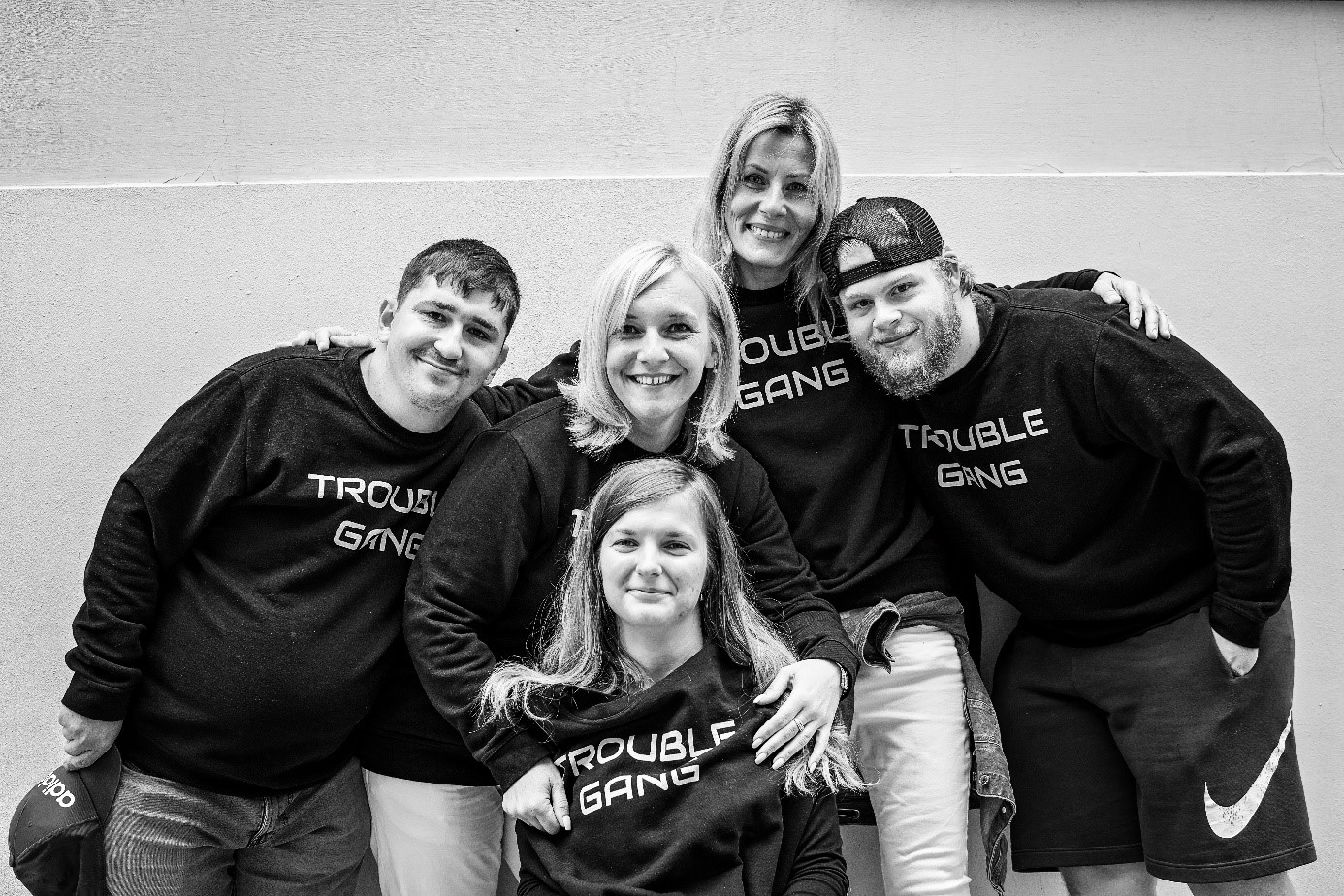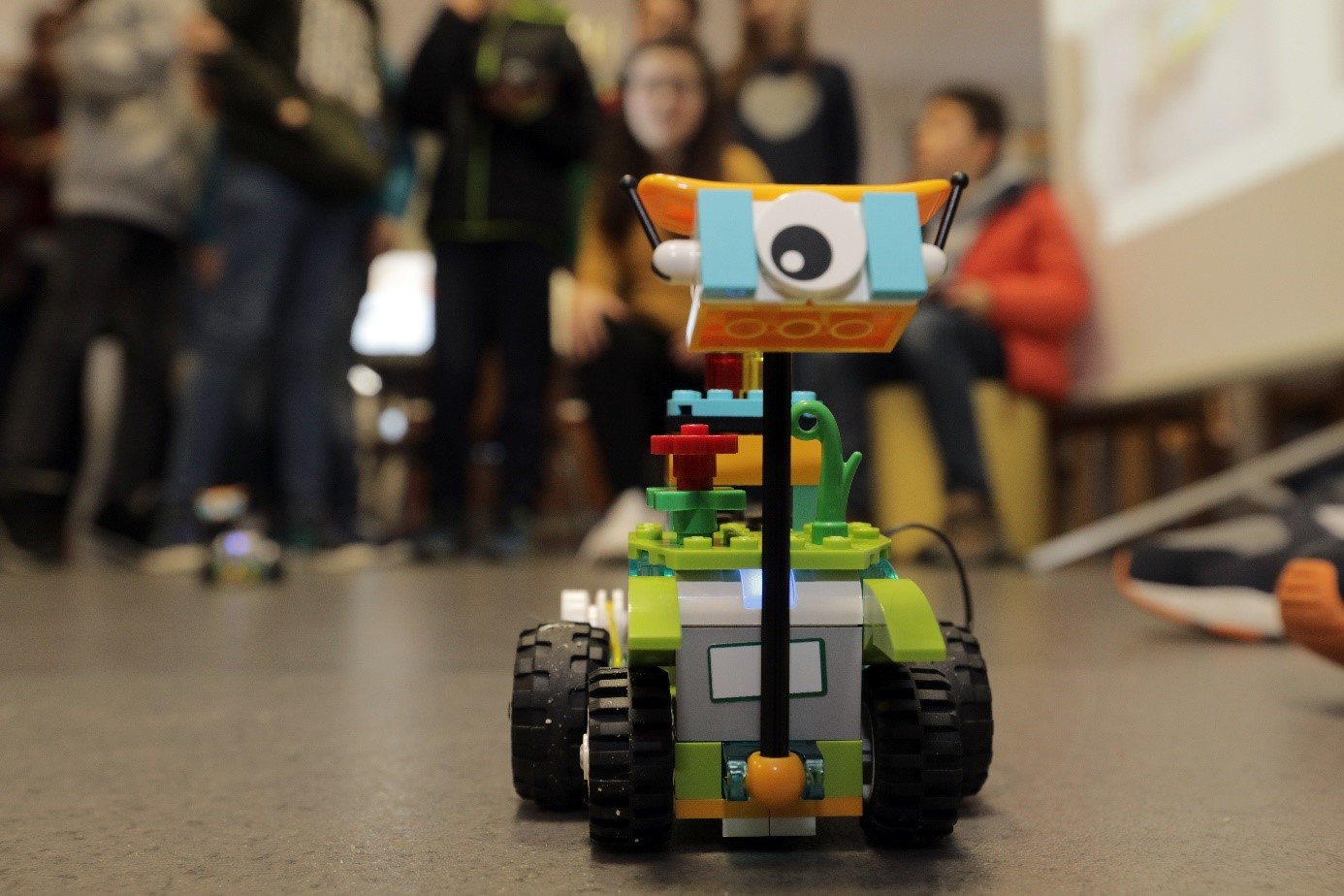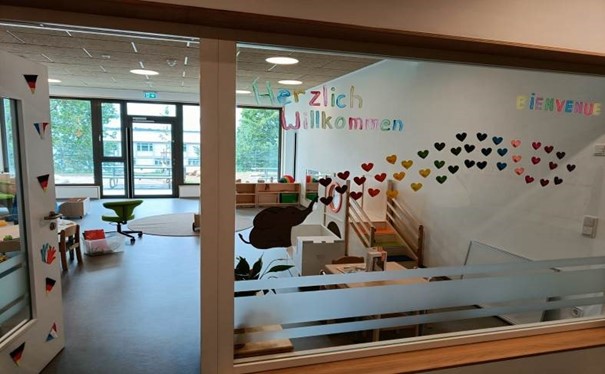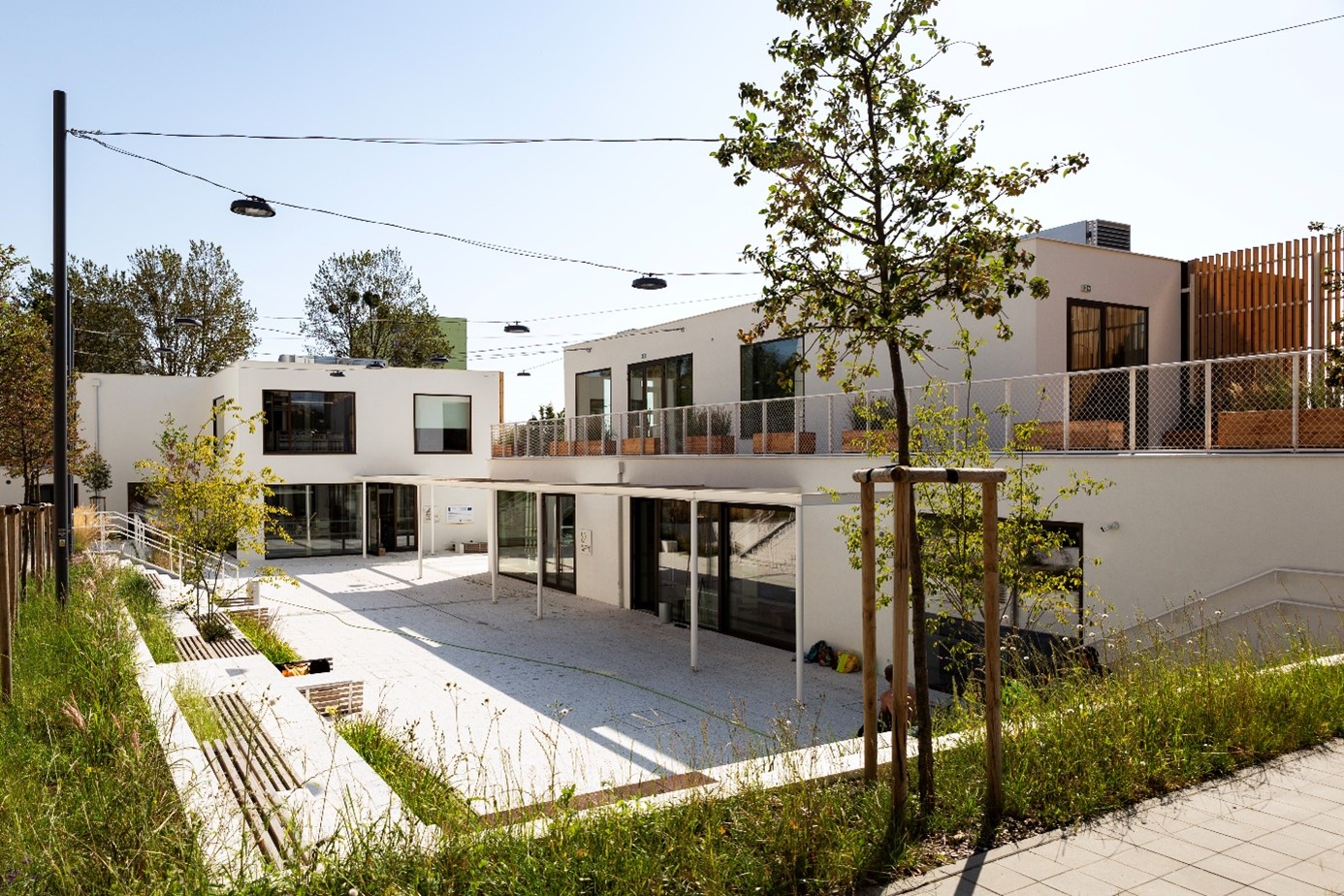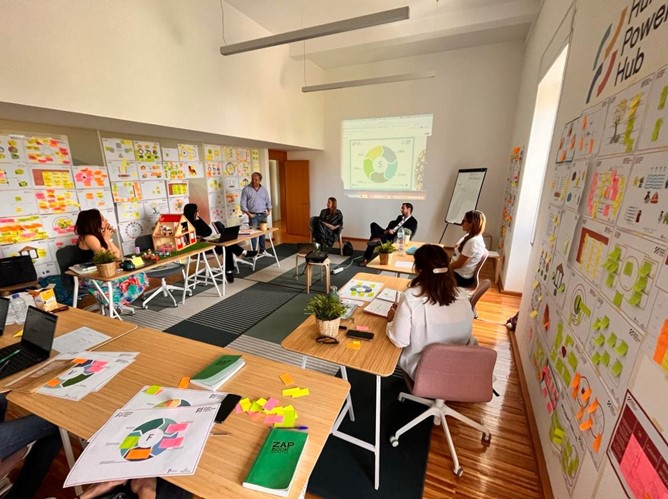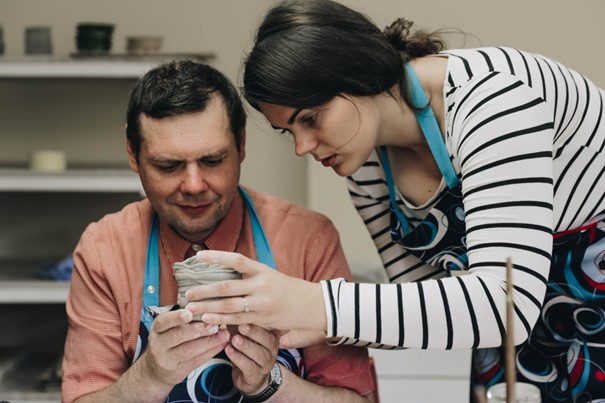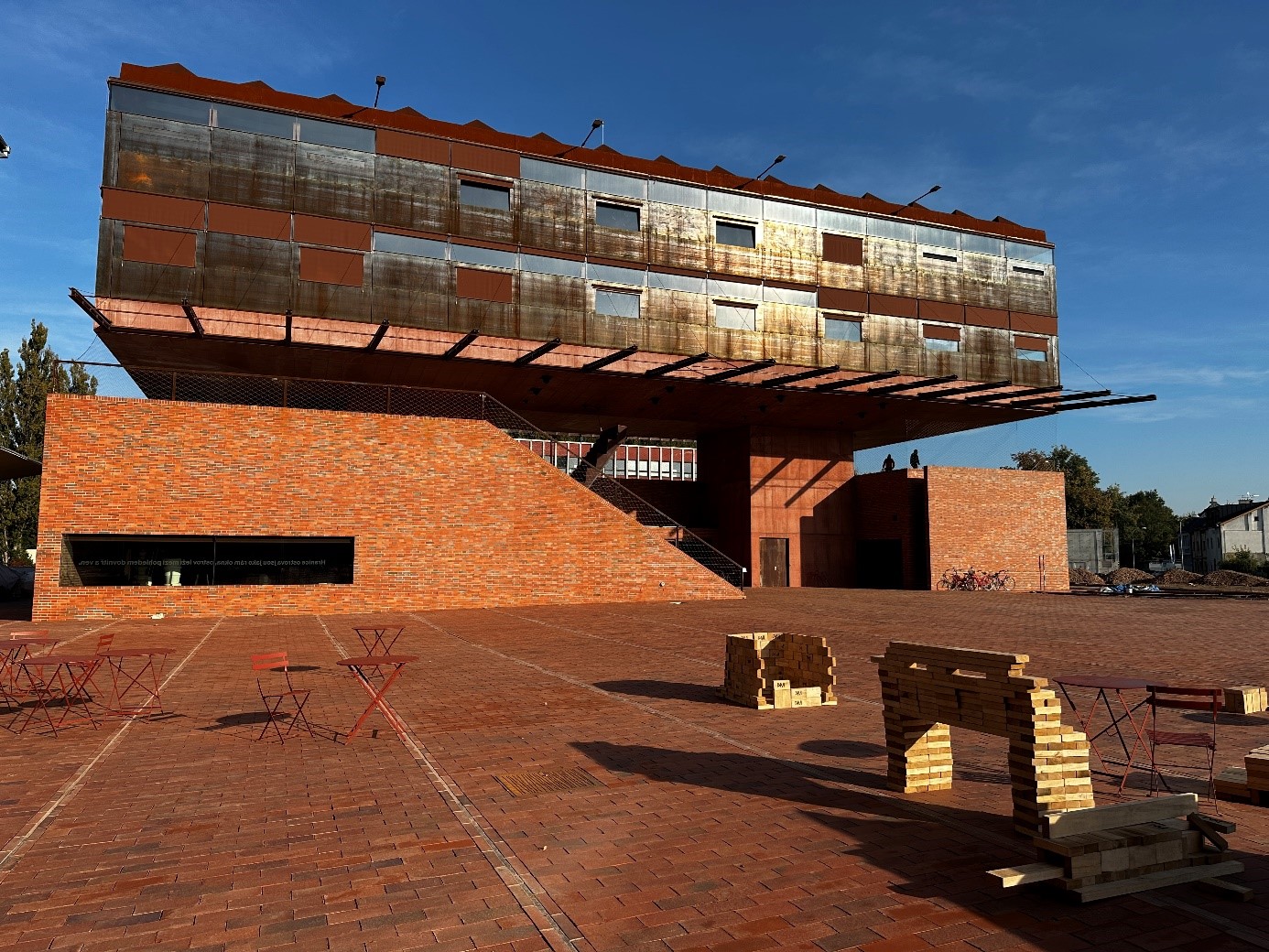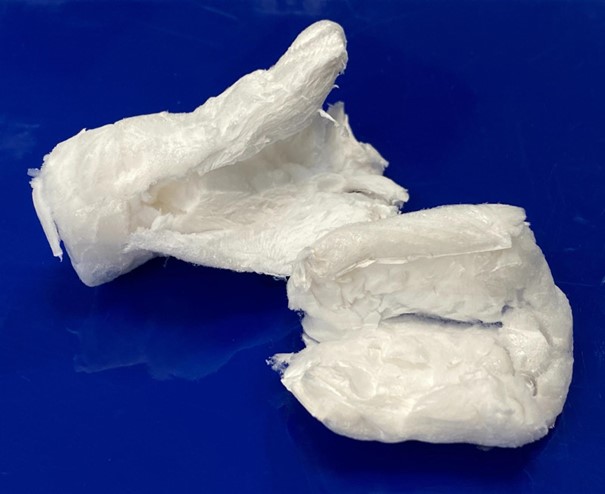

Since its inception in 2008, REGIOSTARS has become Europe’s label of excellence for EU-funded projects that demonstrate the impact and inclusiveness of regional development. By putting forward solutions to common challenges and tapping into the biggest opportunities, REGIOSTARS has inspired regions to deliver ever more impactful EU regional policy.
The categories are:
Finalists are announced!
The REGIOSTARS jury has carefully evaluated – yet again – a record number of applications – 262 in total – and selected 25 finalists. You can find the finalists of each category below.
The winners were chosen by REGIOSTARS jury, who carefully evaluated the record number of applications – 228 in total – and selected 30 finalists. The winners were selected among the finalists in the second evaluation phase consisting of project pitches in front of a live audience and jury interviews.
Next steps

